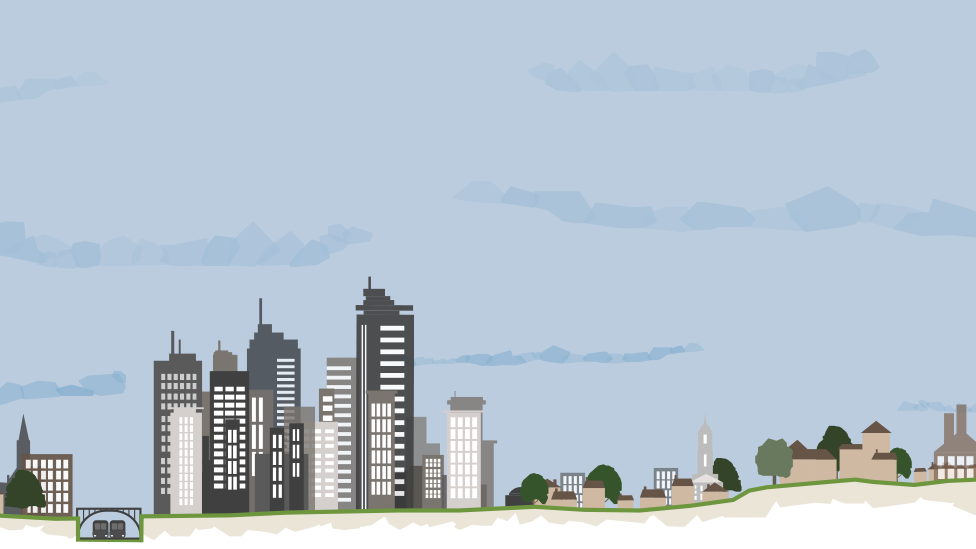Labour loses bid to overturn planning reforms
- Published
- comments
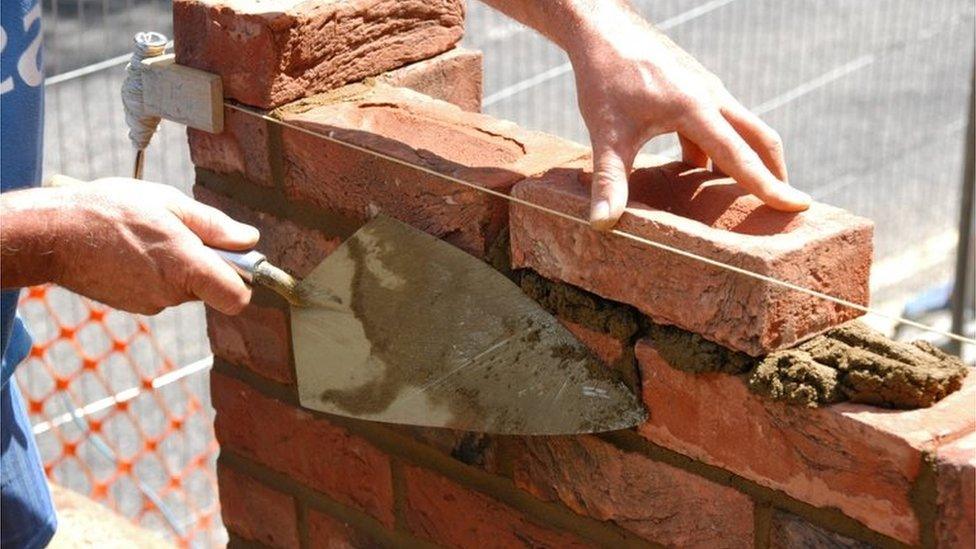
Labour has failed in an effort to overturn changes to England's planning laws, despite urging Conservative MPs to back it against the government.
The party accused ministers of creating "the slums of the future" by allowing developers to convert shops into homes without planning permission.
This is the first stage of changes to the planning system, which are provoking disquiet among some Tory MPs.
The government won three House of Commons votes brought by Labour.
Housing Minister Chris Pincher told MPs that "radical reforms" to planning were "important levers in our ambition to build and build and build as we recover from the economic effects of Covid-19".
Labour secured the debate in an attempt to overturn planning reforms the government announced before the summer recess.
Under these, empty high street shops could be converted into housing and up to two storeys could be added to blocks of flats without the need for planning permission.
Labour's shadow housing minister Mike Amesbury told the Commons that thousands of people were being "crammed into former industrial and office premises that were not built for human habitation".
Some had "no or few windows" and some were "as small as 10 square metres", he added, smaller than the "average car parking space".
Mr Amesbury said the government wanted to "create poor-quality housing by bypassing the local community, democracy and control by adding new units on top of flats, by allowing developers to demolish and rebuild empty buildings, and by allowing people to add multiple floors to their homes".
These would become "the slums of the future", he added.
'Not enough'
There is widespread concern among Conservative MPs about the government's planning reforms.
One of them, Sir Peter Bottomley, said leaseholders would suffer when extra floors were added to buildings.
Freeholders, by contrast, had been "given a gift... of billions of pounds", he added.
"If I were on the front bench my face would be red and I'd be standing up at the end of this debate to say, 'I apologise. I got it wrong,'" Sir Peter said.
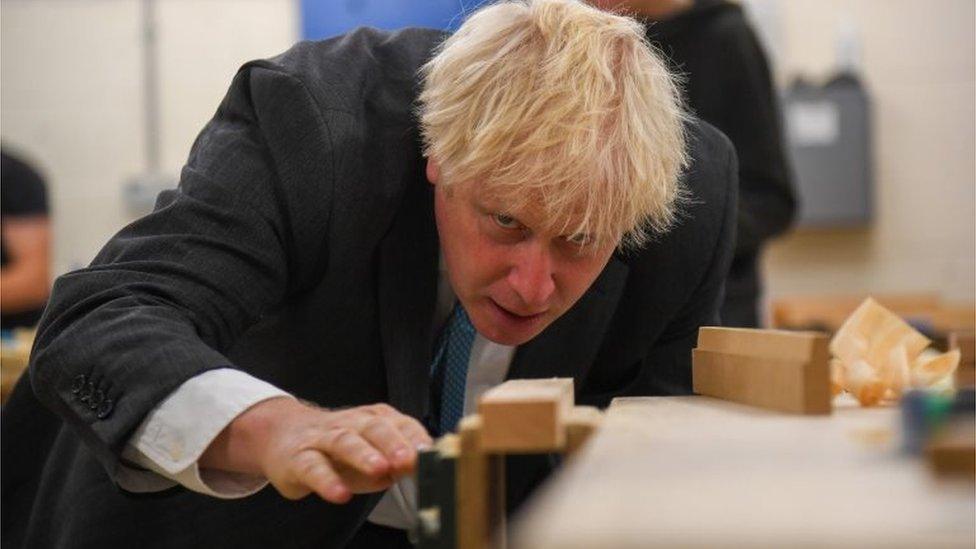
The prime minister has said it "takes far too long to build a home in this country"
Before the debate, the government announced a concession that all homes created under the scheme must now have at least 37 square metres of floor space.
Conservative MP Sir Bob Neill told the Commons this had "not gone far enough" in alleviating "the pressures that suburbs face".
Flats in a Southampton development are a similar size to parking spaces
But fellow Tory MP Robert Halfon was among those backing the government's argument. He highlighted the need for "quality housing" and a "lighter planning regime".
And Mr Pincher said the changes "encourage owners and property developers to see the opportunities that already exist to increase housing delivery by more imaginative use of existing buildings".
He added; "We cannot simply sit back, as the opposition seems so fond of doing, and just wait. We have to be fiercely proactive in helping communities and developers bring forward these much-needed new homes through carefully controlled permitted development rights."
It was important to remove "red tape" from the planning process, Mr Pincher said.
The government has devised an updated algorithm to calculate local housing need, as part of its plans to boost development.
According to research carried out by Lichfields consultants for the House of Commons Library, seen by the BBC, it could mean major increases in the number of new homes for some areas.
For example, in each of the county council areas of Norfolk, Leicestershire, Kent and Worcestershire it translates to around an extra 2,000 homes a year over 15 years.
- Published6 August 2020
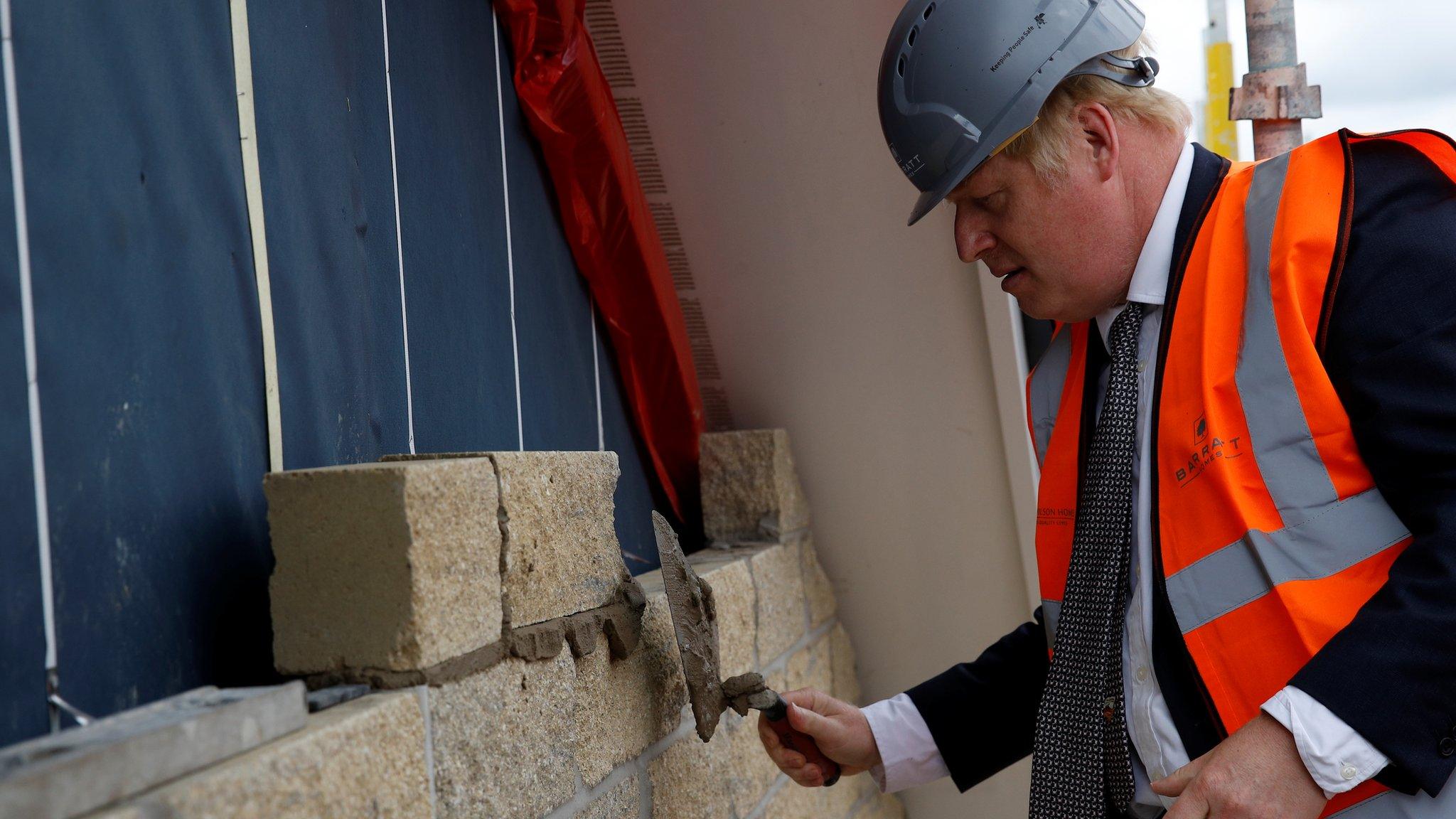
- Published6 August 2020
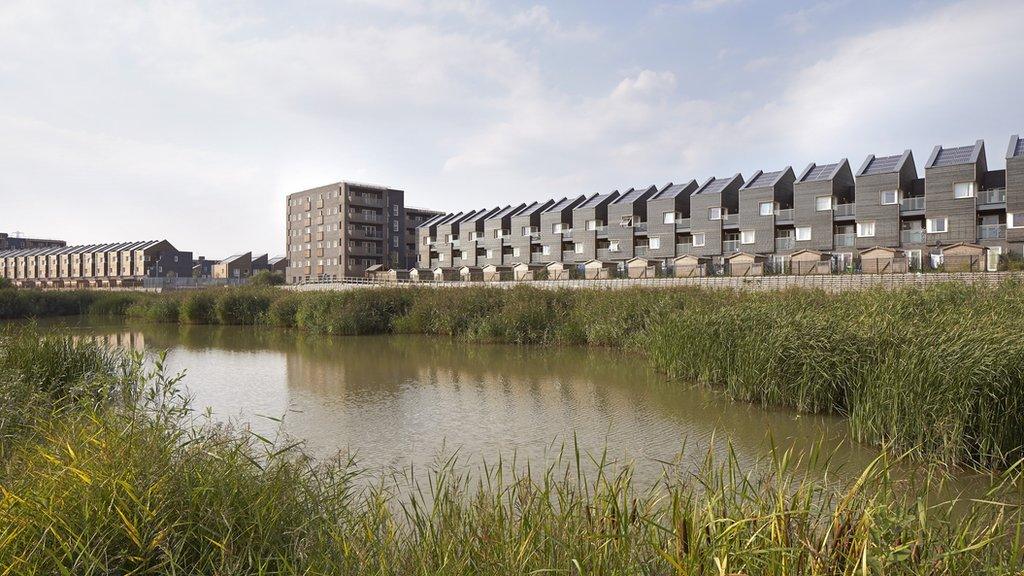
- Published9 July 2020
